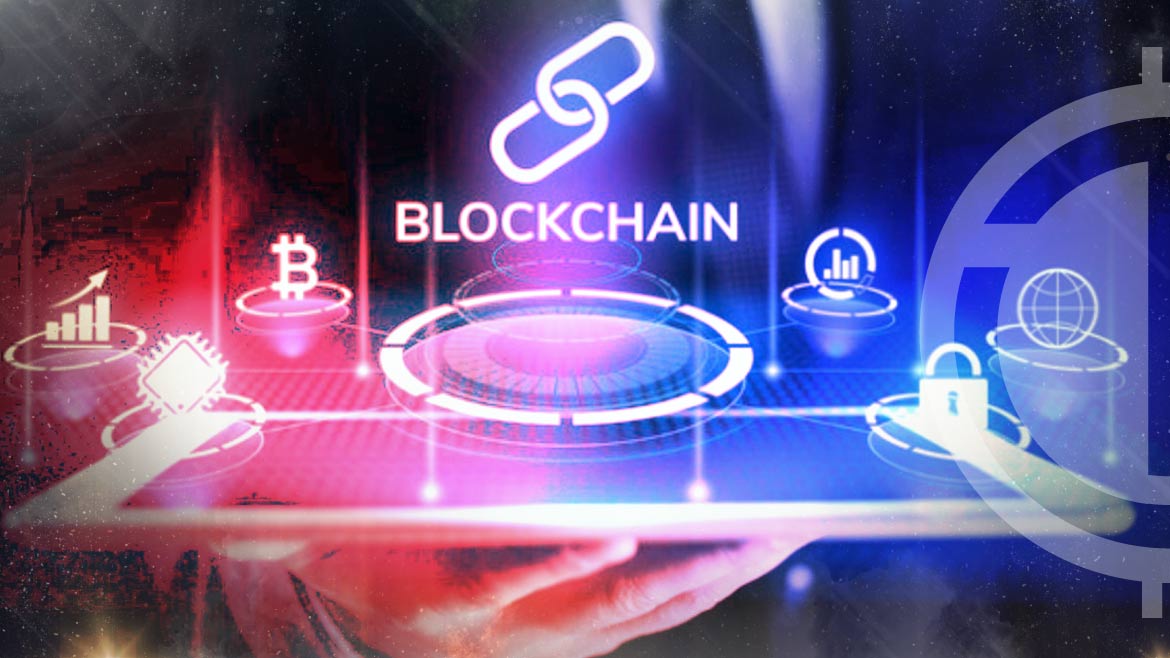
Last year, Solana’s co-founder and CEO, Anatoly Yakovenko, announced the launch of the Solana Saga, a web3-focused Android smartphone aimed at making crypto products and services more accessible for users. Solana Labs, Inc. revealed that the Saga smartphone would be available for purchase on May 8, with pre-orders shipping on April 20.
This phone aims to compete with the previously released HTC Exodus 1, another blockchain-based smartphone. Both devices prioritize security, privacy, and functionality, but they offer different features and specifications. The Saga smartphone runs on the Android 13 operating system and comes with several pre-installed decentralized applications (dApps).
It includes a Seed Vault for securely storing crypto assets and offers 512 GB of storage. The 6.67-inch OLED display is paired with a fingerprint scanner for enhanced security. The device features a 50MP and 12MP ultrawide dual-camera system, and charges using a USB-C cable. The Seed Vault ensures the protection of private keys through secure hardware and AES encryption. Powered by the “Solana Mobile Stack,” the $1,000 web3 smartphone also boasts a Solana Dapp Store, hosting 16 dApps covering NFTs, DAOs, staking, and more.
As for the HTC Exodus 1, it is priced at $750 and is powered by Android O. The phone has a unique feature called Edge Sense 2, which enables one-handed convenience by shrinking the visible screen when double-tapped on the side. The device measures 157 x 74 x 9.7 mm, weighs 188 grams, and is equipped with a Zion hardware wallet and secure enclave for robust protection of cryptocurrencies and sensitive information.
Both the Saga Phone and HTC Exodus 1 support popular dApps and provide seamless access to DeFi services. However, Saga, powered by Solana’s high-performance blockchain, may offer faster transaction speeds and lower fees compared to the HTC Exodus 1. While Saga’s decentralized identity solution ensures that personal data remains in the hands of the user, the HTC Exodus 1’s hardware wallet and secure enclave provide an additional layer of protection for cryptocurrencies and sensitive data.














